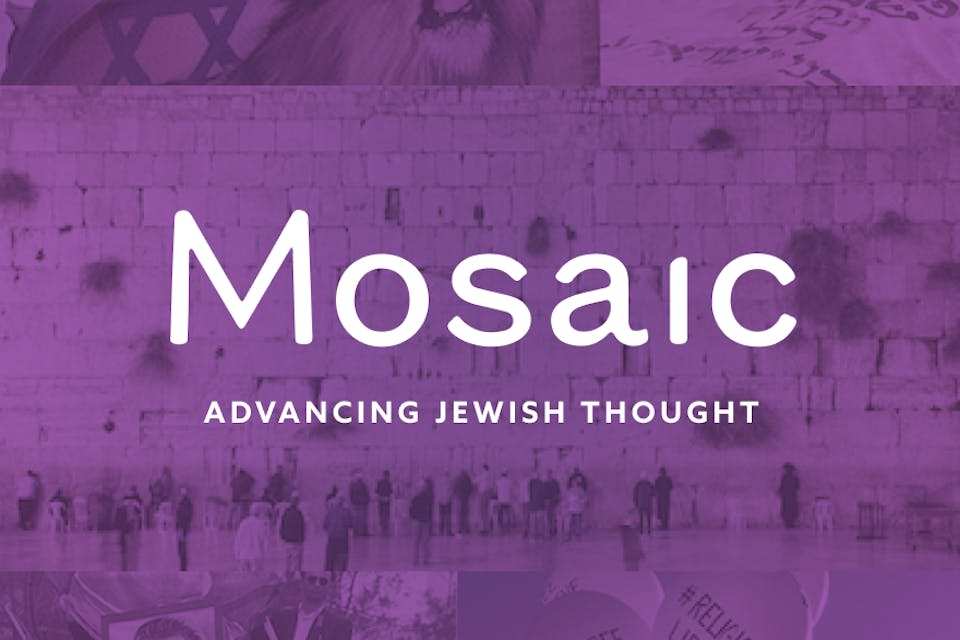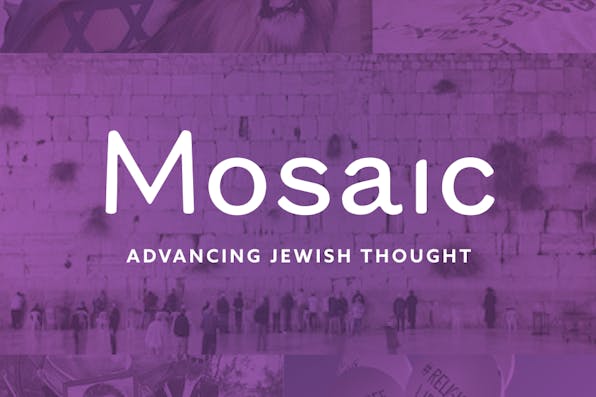
July 15, 2013
Privatizing Religion in the Jewish State?
It is often remarked that America is the most religious Western democracy because and not in spite of its separation of religion and state. Would an Israel that adopted a similar system be both more democratic and more Jewish?
Yes but also no, argues Ruth Gavison. In the Israeli context, the relevance of the American model is limited.
Moshe Koppel is a supporter of the Jewish state who, in marked contrast to many of his religious and political allies, argues for the separation and privatization of religion in Israel. This he does on the basis of a distinction between states (large, heterogeneous, territorial) and communities (small, homogeneous, voluntary). Between these disparate entities he urges a division of labor, under which states should enforce liberty and provide for some corrections of market failures but mainly facilitate and encourage the freedom of communities, including religious ones, to pursue their moral and social purposes—which often enough provide value and meaning to the life of the society served by the state.
In this account, good states seek a balance between political freedom and social solidarity, and wise states know that the path toward this goal lies through restricting their own reach by empowering the work of communities. Hence the distinct features of the American model, which Koppel on the whole endorses: broad religious freedom from the state, very limited legal endorsement of religious values as such, no establishment or financing by the state of religious institutions and services.
In the Israeli context, however, the relevance of the American model is limited. On the one hand, we have a large, successful, modern state whose defining ethos is a Constitution privatizing and legally equalizing all non-civic affiliations while simultaneously building on the fact that (at least until recently) Christianity cuts across most of its social divides. On the other hand, we have a small and still relatively new state founded in order to enable the revival of Jewish independence in its ancient homeland while respecting democracy and the human rights of all within it. This state also operates in a region mostly Arab and Muslim and hostile, where democracy has not been entrenched and where non-civic affiliations (religious as well as ethnic) are much deeper and stronger than civic ones, leading at times to bloody wars among domestic communities themselves.
